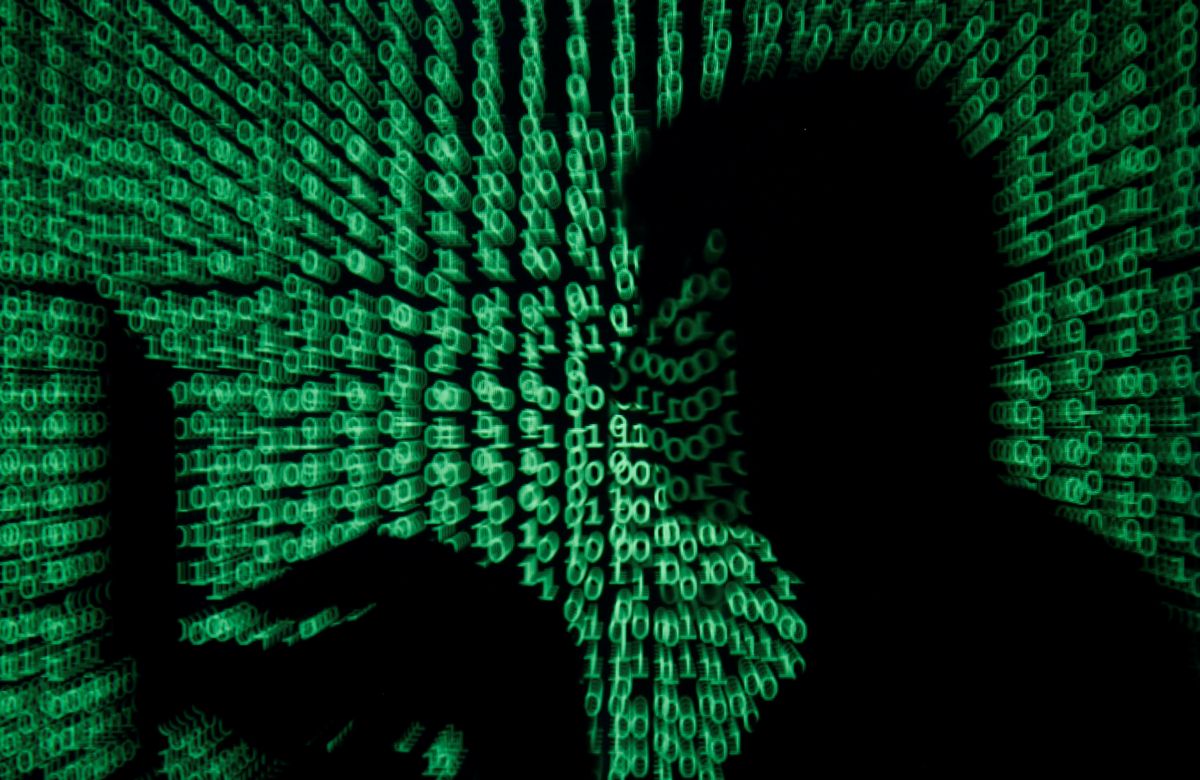
If history is any indication, Ukraine can expect further Russian cyber interference ahead of the upcoming March 2019 presidential election.
In December 2015, a cyberattack crippled Ukraine’s power grid, temporarily depriving some areas in the country’s west of electricity, Nikolas Kozloff recalls in his article published by Wilson Center.
A year later, hackers struck an electrical transmission station north of Kyiv, causing a temporary blackout of part of the Ukrainian capital. Both attacks are widely believed to have originated with Russia.
Read alsoSBU thwarts Russian cyberattack on telecom systems of Ukraine's judiciary
Another digital attack hit Ukraine in June 2017 in the form of the NotPetya virus, which took down government agencies, businesses, the national bank, the state power company, and largest airport, while simultaneously disabling ATMs and crippling hospital systems. Both the U.S. and UK governments attributed the NotPetya attack to the Russian military. And just this year, Russia is believed to have been behind a campaign called VPNFilter that infected routers and storage devices around the world, perhaps as a prelude to another cyberattack on Ukraine.
There’s some indication that Ukraine is getting better at defending itself, thanks in part to foreign assistance. In the wake of the 2015 attack on Ukraine’s power grid, the FBI and the U.S. Department of Homeland Security assisted Ukraine in its investigation of the hack.
Read alsoU.S. to help Ukraine fight Russian meddling in 2019 elections
What’s more, U.S. authorities reportedly broke up the VPNFilter attack before it could spread to Ukraine, with the FBI seizing an internet domain that a Russian hacking group may have used to control infected devices. Meanwhile, NATO is reportedly taking cyberattacks much more seriously: in 2016 the alliance recognized cyber as an official “domain of operations.” Impressed by cyber assistance from the United States, the UK, and NATO, Ukrainian officials now say they are better equipped to handle such emergencies.
Vasyl Filipchuk, a former diplomat and senior adviser at the Kyiv think tank International Center for Policy Studies, seems confident that Ukraine has weathered the storm. “Experts are confident that we have one of the best cyber security defense systems in the world. We have neutralized Yandex and Kaspersky, so I think Russia would find it quite hard to intervene now. We have well-trained intelligence services and Western assistance, so as far as cyber is concerned, I doubt hackers can do anything detrimental,” he said.
Despite such sentiments, experts warn against complacency since sophisticated Russian “spearphishing” attacks are still difficult to repel.
A valid question is how safe the upcoming Ukrainian presidential election is from an outside cyberattack, especially, in light of what happened during the 2014 presidential election. Four days prior to the vote, hackers infiltrated computers at the Central Election Commission (CEC) and destroyed files necessary for vote tabulation. Authorities claimed to have repaired the system, but on the day of the vote, websites sending vote counts to the commission were hit with a denial-of-service attack. Later, officials revealed that on the night votes were tabulated, experts uncovered malware on CEC computers that incorrectly declared the far-right leader Dmytro Yarosh the winner. Though the government removed the malware, a Russian news outlet reported the false results. Not surprisingly, there are suspicions that Russia itself was behind the hack, the author writes.
Since the 2014 hack, observers claim, the situation has improved. “We vote on paper ballots,” Filipchuk said, “so Russia can’t interfere. All ballots will be counted manually at the Central Electoral Council, so there’s nothing to hack.”
After people vote using paper ballots, the votes are tallied in district centers and the count is transmitted electronically.
That doesn’t mean, however, that the system is risk-free. Indeed, the CEC is short of the funds necessary to secure election infrastructure from attack. Meanwhile, the network itself could be compromised through infected files or flash drives.
Ukrainian President Petro Poroshenko has said that Ukraine has beefed up cyber cooperation with its international partners in advance of next year’s election, though the president has little doubt that Moscow will try to interfere by launching further cyberattacks to disrupt the contest. Far from receding, cyber interference looms as a constant fixture of geopolitical conflict in this part of the world.

